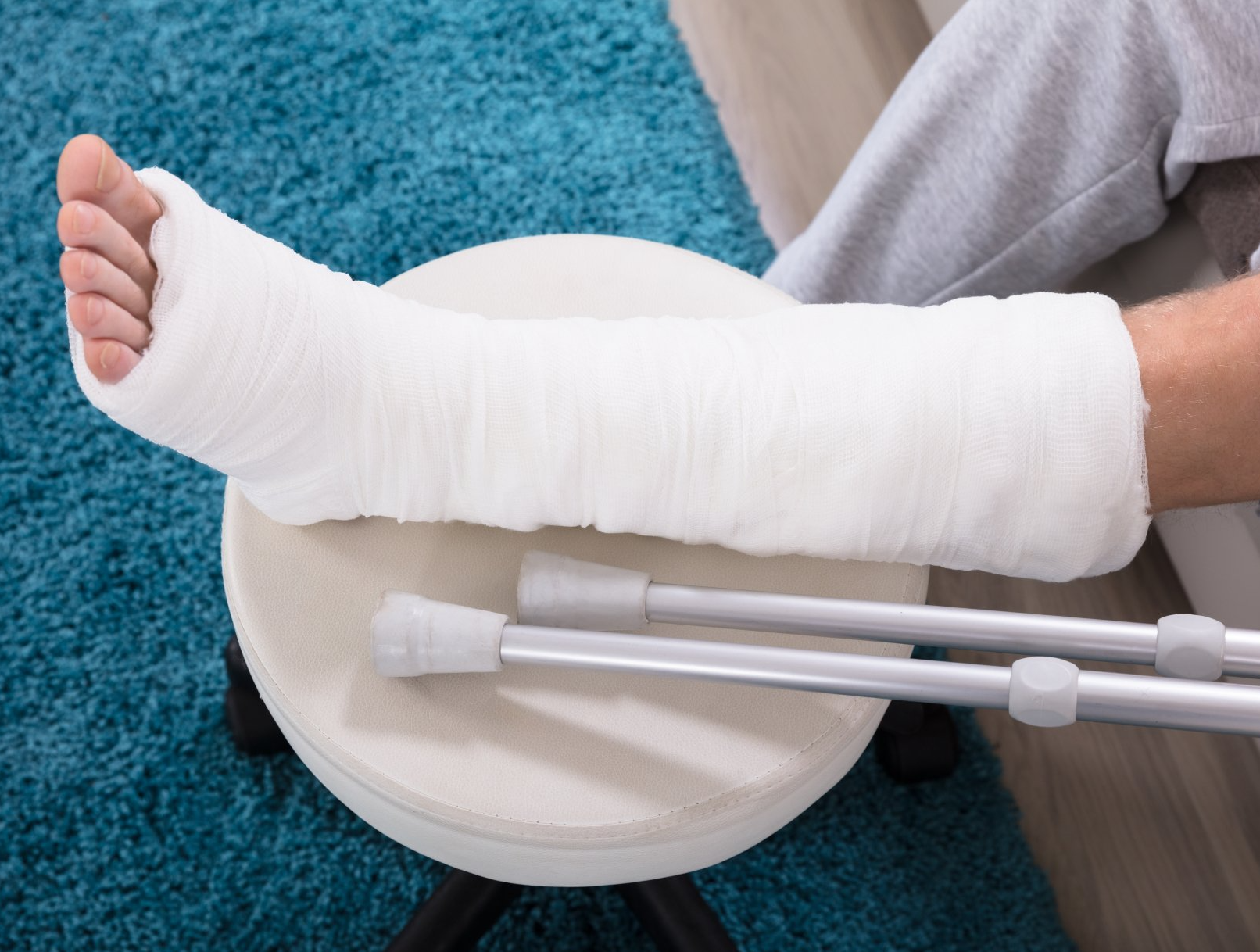Income Protection Insurance
Each year nearly a million people in the UK find themselves unable to work due to a serious illness or injury. If you couldn’t work due to a serious illness, how would you manage? Could you survive on savings, or on sick pay from work? If not, you’ll need some other way to keep paying the bills – and you might want to consider income protection insurance. Read on for more information or visit the FAQ section below.
What is It?
Income protection insurance is a policy that pays out if you're unable to work because of injury or illness. It pays out regularly to replace a portion of your income. It will help you pay your household bills that you can no longer cover, by making sure you have a regular income over the long term.
How Does It Work?
You will receive monthly, tax-free payments after you have been unable to work due to illness or injury for a set period of time, known as the deferred period. This is often 3 or 6 months but be as short as a few days or as long as 12 months.

Cover lasts for the period you choose - for example, until your mortgage is paid or your pension is due to start. Payments stop when you are able to return to work, retire, or the policy ends. Short-term income protection policies, which last for one or two years, are also available at a lower cost.
Can You Claim More Than Once?
Yes. You can make as many claims as you need during the policy term.
Why Might I Need It?
State benefits for those unable to work are low. If you would struggle to cope on an income of less than £120 per week*, you should consider Income Protection insurance. Carry on reading to see some Frequently Asked Questions about Income Protection Insurance, contact us to request a full quote or get a Quick Quote online using the button below.
* Statutory Sick Pay level £116.75 at 04/02/2025.
INCOME PROTECTION INSURANCE FAQ
Here are some common questions asked about Income Protection Insurance. Got a question that is not covered? Send it to us and we will answer it for you and maybe add it to the list below.